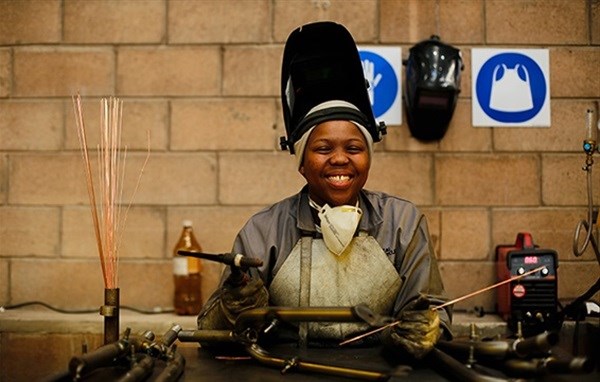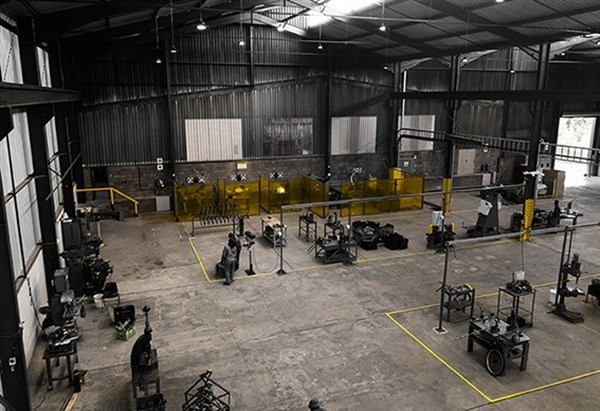
Top stories




Energy & Mining#MiningIndaba: How GenAI is reinventing mine maintenance in South Africa
Maroefah Smith 54 minutes


More news














Qhubeka has distributed more than 90,000 bicycles through its programmes to improve people’s access to schools, clinics, jobs and opportunities. Previously, bicycles were imported and then assembled in Qhubeka facilities in the North West and Western Cape provinces.
With the establishment of RBC, Qhubeka has ensured that bicycles are now being manufactured locally, contributing to job creation, skills transfer and stimulating the local economy together with the Qhubeka bicycle assembly facilities in the North West and Western Cape provinces.
RBC manufactures the Qhubeka bicycles that are distributed into Qhubeka’s various programmes, and plans to design and manufacture other bicycle models in future. Bicycles are also available for purchase directly through RBC.
“RBC is an end-to-end bicycle design and manufacturing entity that will help us to supply the best commuter bicycles in the world, as well as creating a new revenue stream for Qhubeka Charity, and employment and skills development opportunities in the areas in which we work,” explains Tsatsi Phaweni, director at RBC and Qhubeka.

“RBC allows us to control our entire bicycle supply chain, as well as enabling Qhubeka to build partnerships with South African companies that align with the Codes of Good Practice. Through RBC, we are able to channel enterprise and supplier development (ESD) funding into a company that is designed to enable social change, while creating a quality product that meets a market need.”
The initial funding for the establishment of RBC was acquired through an enterprise and supplier development grant from Mercedes Benz South Africa, while Deloitte Consulting prepared the business plan for Real Bicycle Co. that helped to secure this seed funding.
RBC has also been issued its SADC Certificate of Origin, which certifies that its bicycles meet the requirements of being manufactured in South Africa. This gives RBC the advantage of trading within the SADC region without incurring import duties, which helps to keep costs lower for customers.

Countries that accept SADC certificates include: Angola, Democratic Republic of Congo, Madagascar, Malawi, Mauritius, Mozambique, Seychelles, Tanzania, Zambia, and Zimbabwe. Botswana, Namibia, Lesotho and Swaziland form an additional customs union – the South African Customs Union (SACU) – with South Africa that allows free passage of goods without the SADC certificate.
“South Africa once had a proud history of bicycle manufacturing and used to produce 500,000 bicycles a year during the heydays of the 1980s,” says Anthony Fitzhenry, Qhubeka founder and director at RBC. “Mass production eventually moved to Asia in pursuit of greater cost efficiencies, but we are hoping that RBC will re-shore bicycle manufacturing to South Africa and prove that we have the capacity to produce world-class bicycles at competitive prices. Our bicycles are built to outlast.”